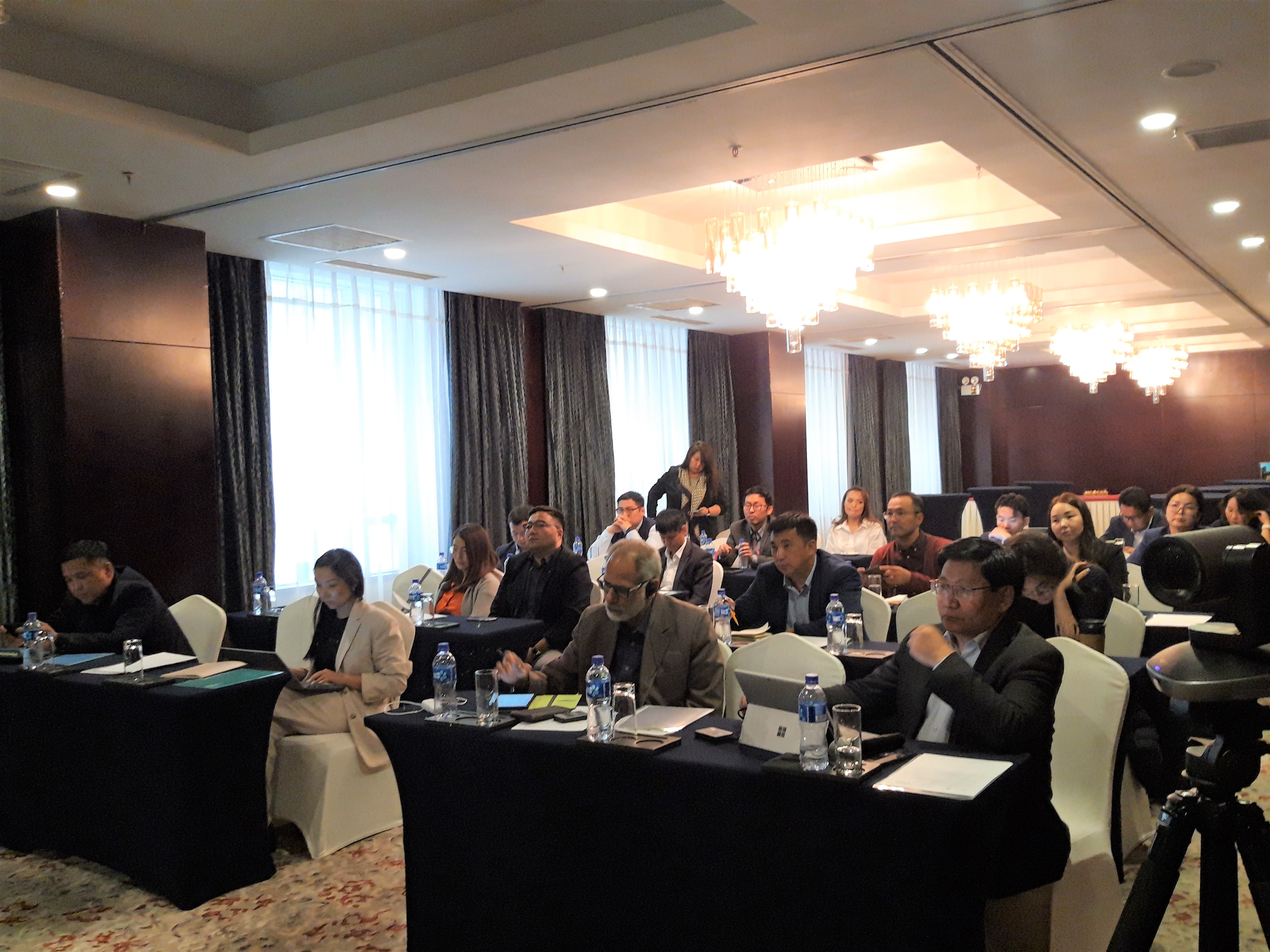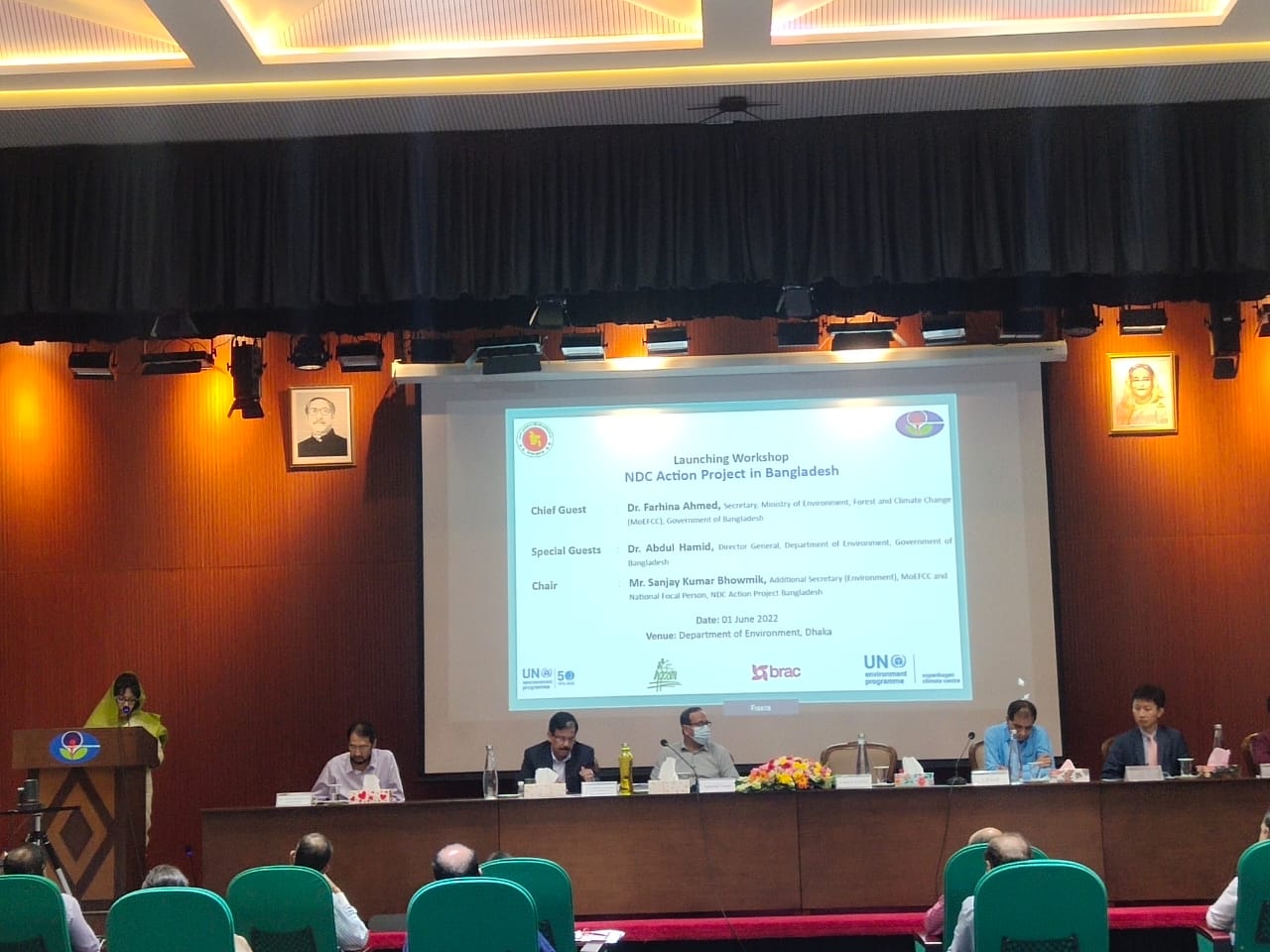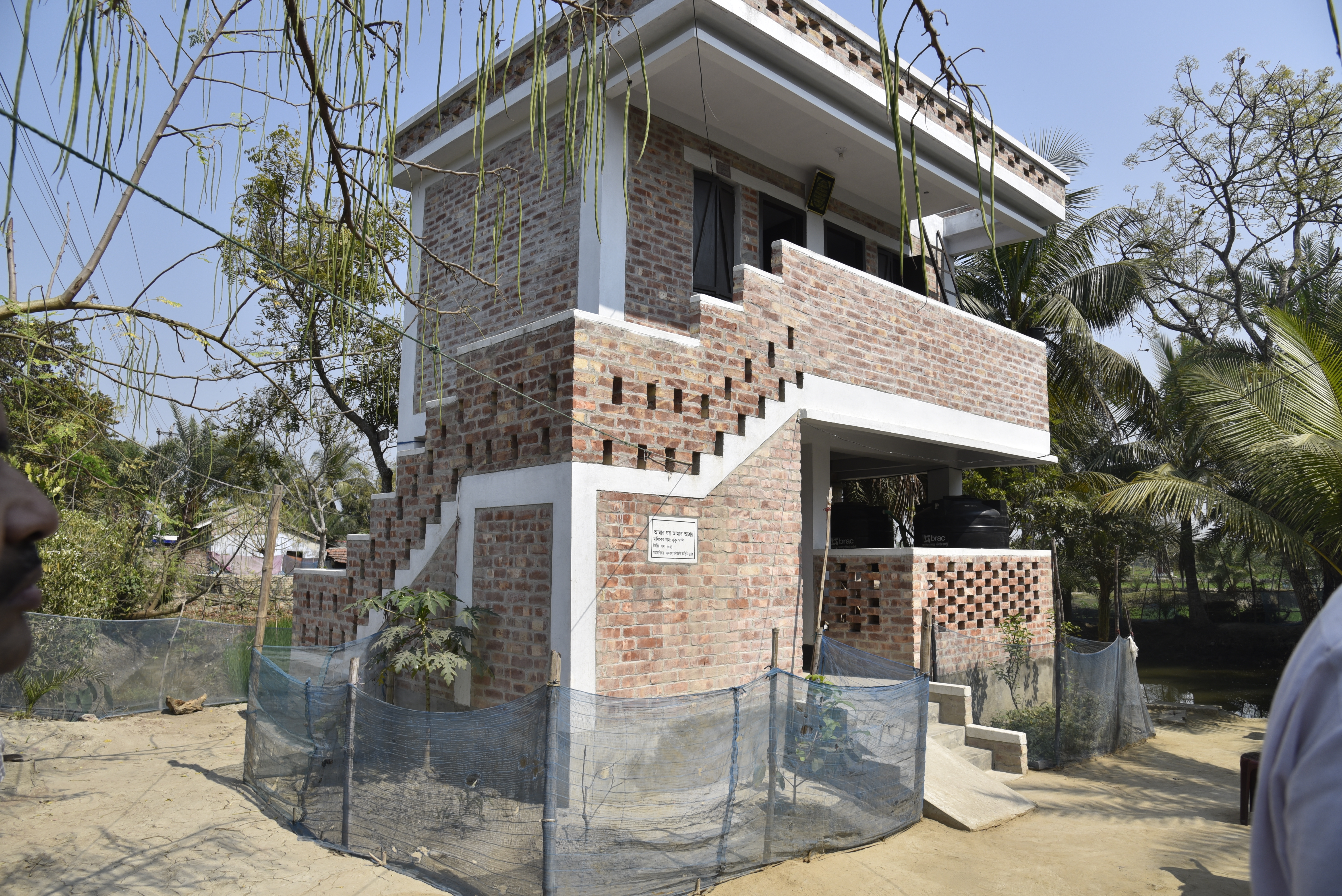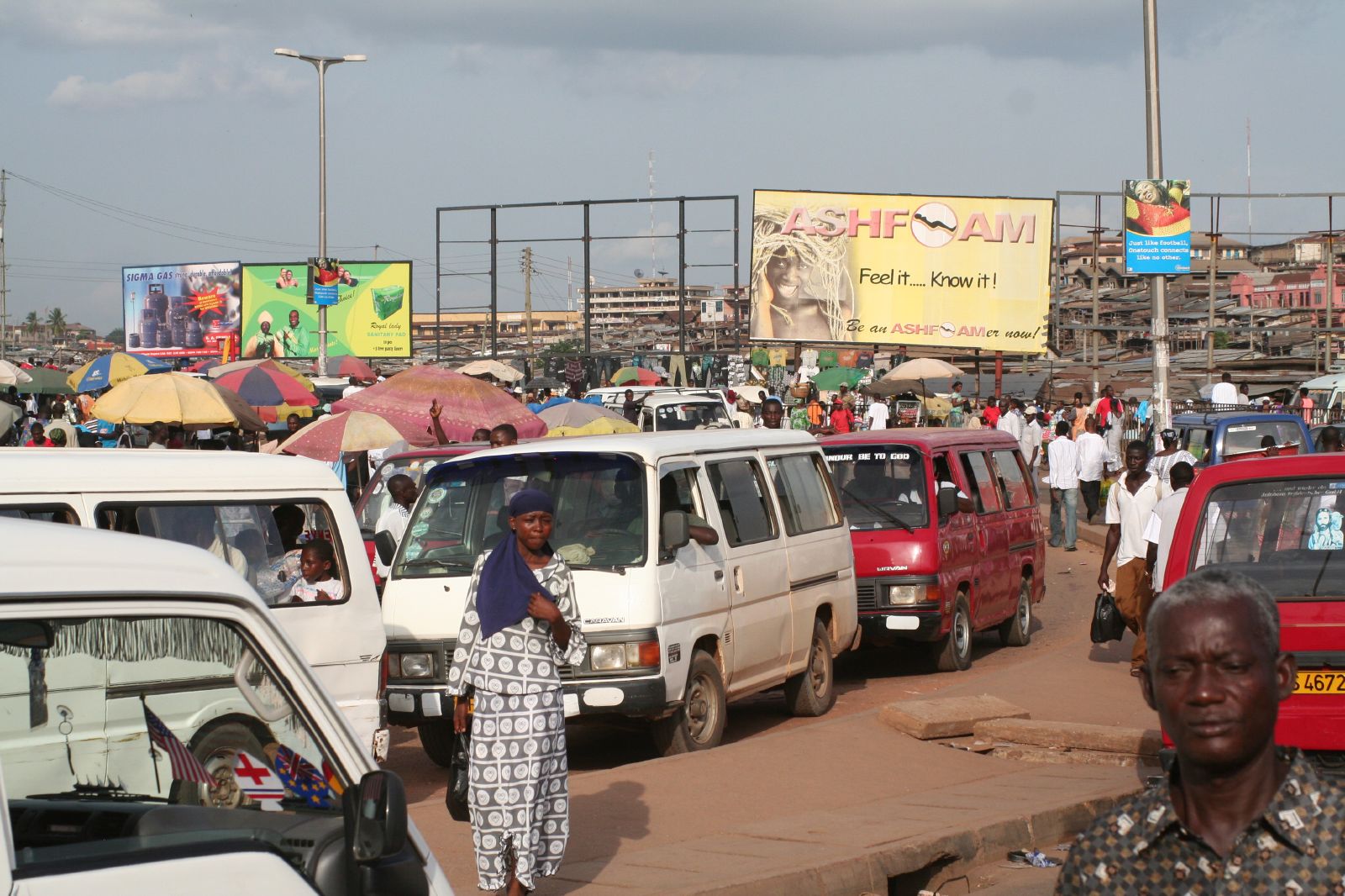The NDC Action project supports NDC implementation Mongolia, and the country’s focus on energy efficiency in the industrial sector and on climate resilient agriculture.
In this Q&A session two of our partners explain how the project has assisted in implementing mitigation measures in the industry sector, where Mongolia focuses on improving the energy efficiency of industrial electric motors and installing energy-efficient lighting, implementing international standards for energy management and improving energy consumption norms per unit of production.
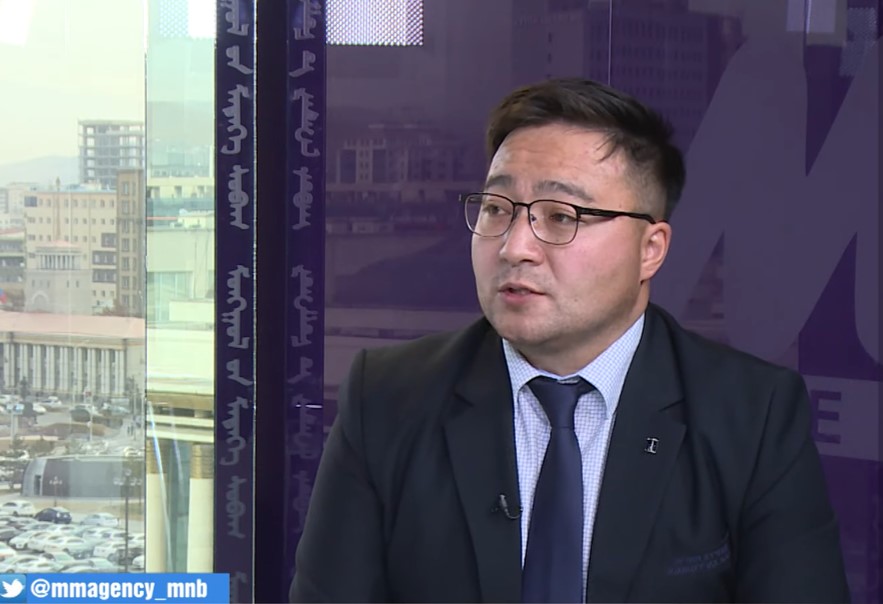
Khiimorisain Purevdorj, Specialist at Energy Conservation Department, Energy Regulatory Commission
How has the NDC Action project helped Mongolia reach the goals in the priority areas?
I believe that the project had a good contribution on identifying potential setbacks, policy gaps, and measures to tackle these when implementing the NDC Implementation Action Plan 2021-2025. With the Action Plan being the official document outlining the commitments Mongolia made towards climate mitigation and adaptation together with other countries, the project performed very necessary work of connecting the key stakeholders and providing consolidated information.
What needs have been met by the project?
The project mapped out issues to look out for, necessary actions to take, and a potential format to follow to attract financing based on assessments of the energy performance conditions in Mongolia. This raised the opportunity for the stakeholders to close some existing knowledge gaps and take one step forward in implementing energy efficiency.
What are the lessons learned that could be useful for other countries?
Legal frameworks and mid- to long-term policy documents are there for Mongolia as prerequisites for NDC implementation. The lesson learned here, however, was that the focal government organizations will need to include NDC Implementation Action Plan 2021-2025 targets and measures in their 2020-2024 action plan, the Public Investment Program of Mongolia 2021-2025, or the priority actions in line ministries’ short-term plans to ensure the remaining time delivers the expected results.
Another lesson learned was that the key stakeholders need a knowledge-sharing practice to come together and consistently exchange information on current conditions, setbacks, and needed steps ahead to implement NDC. We consider the stakeholders are relevant government organizations, industry sector representatives, energy service companies to do energy saving projects, as well as local and international financial institutions.
Finally, there is a dire need for developing a detailed plan with clear funding sources that create a mechanism to ensure active ownership by key stakeholders and monitoring of their energy performances.

Solongo Batmunkh, Executive Director, Energy Managers Association
How has the NDC Action project helped Mongolia reach the goals in the priority areas?
The project did research and engaged with the Energy Regulatory Commission (ERC), Ministry of Energy (MOE), and other industry sector stakeholders. It organized several trainings, workshops, and discussions mainly targeting energy managers at Designated Entities (DEs). These contributed to valuable dialogues on not only energy saving and related challenges of implementing it, but also the potential solutions. Results of these discussions were analyzed and delivered to the ERC and MOE as recommendations. For instance, the project assessed and shed light on commonly adopted measures in other countries that Mongolia hasn’t yet taken on and led discussions on what the sector really needs. I believe these were much needed and were very effective works.
What needs have been met by the project?
The project helped DEs learn more about the need to save energy and highlighted pathways to fulfill the NDCs of Mongolia which boasted valuable discussions. Energy managers who attended workshops were exposed to different approaches and opportunities to save energy and provided insights on what solutions can potentially remove the bottlenecks of performing energy saving.
What are the lessons learned that could be useful for other countries?
The project succeeded in really bringing in the key stakeholders from both the government side working on the policies and the private sector players on the implementing end. The public sector had the opportunity to share the specific challenges they face regarding laws, releasing ordinances and implementing them, while the private sector also had the space to share their specific challenges in improving energy efficiency. I believe this gave a holistic understanding of the existing challenges to the stakeholders and was a significant experience that other countries could benefit from in their practices.

